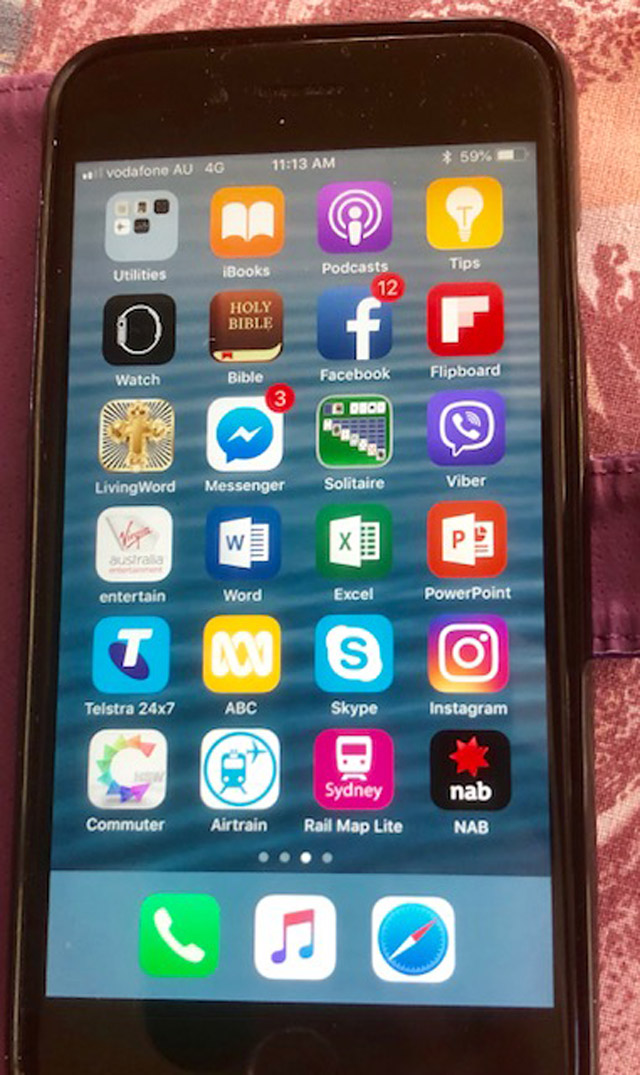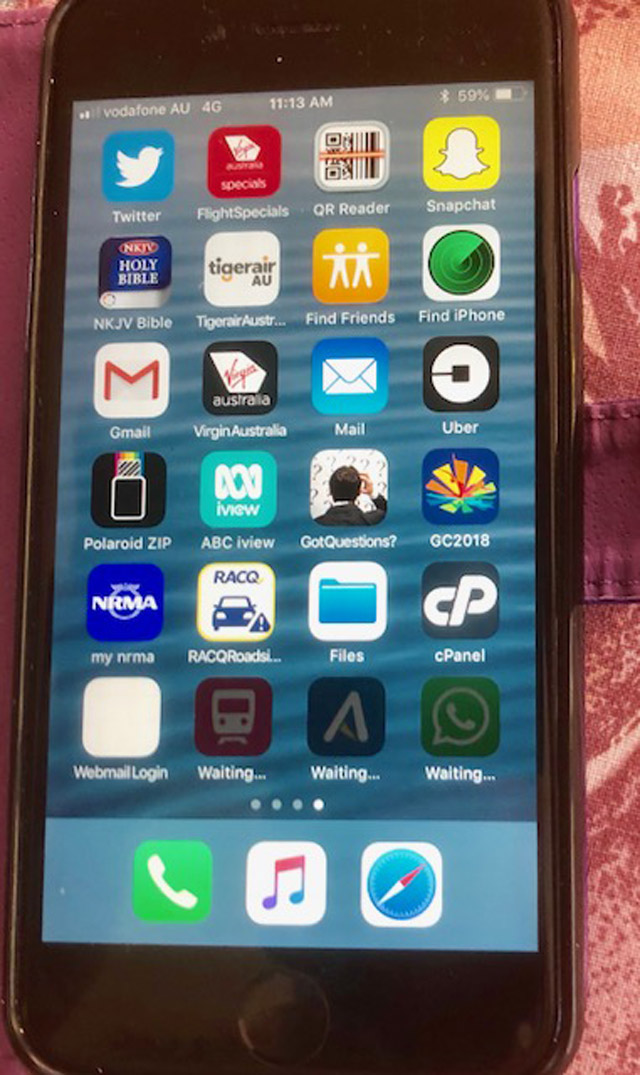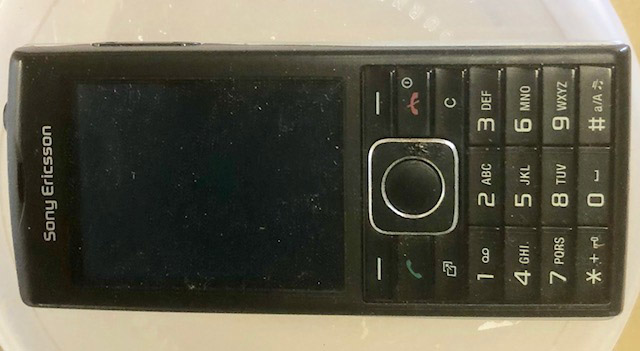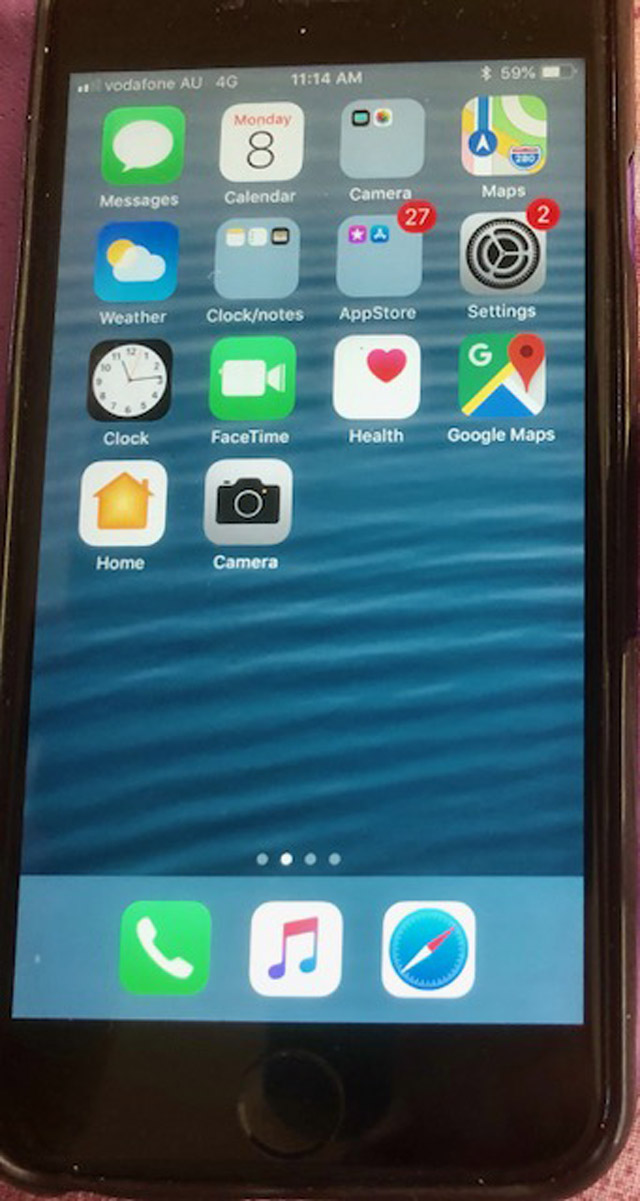
In a recent NZ Herald article it was revealed that US signed into law that when a mobile / cell phone contract is over (24 months or whatever) then the phone gets unlocked.
This reverses the law that in effect made every consumer – when wanting to change service company - to either purchase a new phone outright to change or go into a new contract with a new phone whether the consumer liked it or not.
It was a law that gave the mobile / cell phone service companies a controlling and determinative power over every consumer's personal expenditure in that area of their personal and professional life.
The NZ Herald article stated: “Copyright law prohibits circumventing digital locks on technological devices. But for several years, cellphones were granted an exemption by government copyright lawyers. But the federal copyright office let that exemption lapse in January 2013, infuriating consumer advocates who say phone owners should be able to do whatever they want with a device once a contract expires.”
One-up for US consumer advocates, a law that has been in place in Australia for years. But it is not all plain sailing as you the mobile / cell phone owner has the responsibility to get the phone unlocked.
This is where I fell over and my tale is one of a reminder to those travelling overseas and using your mobile / cell phones on international-roam. I have written about this anomaly for Australia and New Zealanders who travel back and forth across the Tasman relating to both air travel and international roam.

My locked phone story
I had purchased a spare mobile some years previously with a pre-paid Telstra card and put that aside for a little while. I took my iphone to New Zealand for a young writer conferences in 2013 and went to the local cell phone shop in Auckland and purchased a NZ SIM card for $10 and put $30 onto it. That meant I could send and receive internal New Zealand cell phone calls.
A year later I took the spare mobile phone with me with the NZ SIM card in it and found a local cell phone shop and asked to have $20 put onto my SIM. The gentleman couldn't get to work, so he pulled the SIM card and tried it in his NZ phone and it was functioning as it should.
The problem we found was that the spare mobile phone I has bought over, although not used for two years, was in effect still locked by Telstra as I had not physically arranged to have it unlocked. That left me with my Australian iphone and any use of it bearing those pesky international roam rates.
One of the first things I did upon my return from New Zealand and home to Tweed Heads was to take this spare mobile to the Telstra shop where I deal, and they courteously unlocked it for me. Next time, I'm fully prepared as that NZ SIM card is in that phone ready and poised for action.
In 2017 and 2018 again I took this spare phone to conferences in Christchurch and paid out $27.00 for a NZ SIM card in this spare phone. Plus I was on the Telstra $5 on my Australian iphone a day which turned out to cost me over 4-5 days $38.

Consumer advocacy
There is a constant claw out against locking any mobile phone as it is seemed a consumer's right to pick and choose which ever mobile / cell phone service company they desire.
The first step in this unpicking of legislation that favours mobile / cell phone service companies was that of being able to retain your mobile / cell phone number. That became debilitating as it was such a hassle to let everyone know that you had changed your mobile / cell phone service company and moreover everyone of your contacts had to change their address books with your new number.
That was another way in which mobile / cell phone service company's held your custom, yes, against your will, in many situations. It had to be the consumer's wish to do whatever with their mobile / cell phone in using whatever service company they so desired.
That was changed some years ago – this is 2-0 up for the consumer. We retain our own mobile / cell phone number and once the contract is up, the phone may be unlocked to allow the consumer to select another mobile / cell phone service company.
For missionaries it is critical that they can change over the SIM cards in whatever country they are in without hassle or being constantly locked.

 Dr Mark Tronson is a Baptist minister (retired) who served as the Australian cricket team chaplain for 17 years (2000 ret) and established Life After Cricket in 2001. He was recognised by the Olympic Ministry Medal in 2009 presented by Carl Lewis Olympian of the Century. He mentors young writers and has written 24 books, and enjoys writing. He is married to Delma, with four adult children and grand-children. Dr Tronson writes a daily article for Christian Today Australia (since 2008) and in November 2016 established Christian Today New Zealand.
Dr Mark Tronson is a Baptist minister (retired) who served as the Australian cricket team chaplain for 17 years (2000 ret) and established Life After Cricket in 2001. He was recognised by the Olympic Ministry Medal in 2009 presented by Carl Lewis Olympian of the Century. He mentors young writers and has written 24 books, and enjoys writing. He is married to Delma, with four adult children and grand-children. Dr Tronson writes a daily article for Christian Today Australia (since 2008) and in November 2016 established Christian Today New Zealand.
Mark Tronson's archive of articles can be viewed at http://www.pressserviceinternational.org/mark-tronson.html

Dr Mark Tronson - a 4 min video
Chairman – Well-Being Australia
Baptist Minister 45 years
- 1984 - Australian cricket team chaplain 17 years (Ret)
- 2001 - Life After Cricket (18 years Ret)
- 2009 - Olympic Ministry Medal – presented by Carl Lewis
- 2019 - The Gutenberg - (ARPA Christian Media premier award)
Gutenberg video - 2min 14sec
Married to Delma for 45 years with 4 children and 6 grand children